The roadmap for creating and releasing Tiny Boo: Homecoming
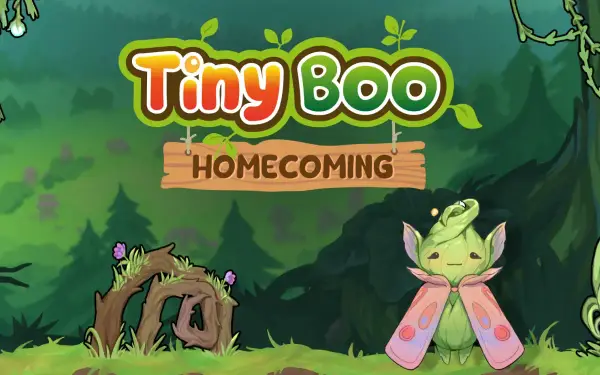
Tiny Boo: Homecoming is a game that will delight players with its story and gameplay.

Mobile gaming is always changing. To make a great game, you need to plan carefully, be creative, and think strategically. "Tiny Boo: Homecoming" is a game that will delight players with its story and gameplay. This article explains how we made "Tiny Boo: Homecoming" from start to finish.
What is the concept?
To make "Tiny Boo: Homecoming" is about creating a good idea. Tiny Boo is a small magical creature on a quest to return home. The game is made to be cute, magical and adventurous. Defining core gameplay mechanics—like running, jumping, climbing, exploring, interacting with objects and enemies, and turning the world upside down — helped us develop the game.
Our general director Andrei, came up with the idea of this game a couple years ago, and managed to create a demo, which is absolutely different from the game we have now, except the main mechanic is that the world adapts to Boo and turns upside down with him. So, this is the path we went through while creating Tiny Boo: Homecoming.

Market Research
Knowing who your competitors are is important. We studied successful mobile games to learn from them. Knowing your target audience is very important, and we did research on what people like in mobile gaming and tried our best to create a game that will allow them to fully enjoy their adventure with Boo on his journey. This research helps us to design and make sure "Tiny Boo: Homecoming" is popular with its target audience.
Project Planning
A project plan is needed to manage the development process. Our plan includes all the tasks, bugs, issues and ideas that we can track and work with. Our team that works on the game consists of a pretty small quantity of people, but we are all interested and enthusiastic, and because of this we managed to create Tiny Boo. We have our Lead manager Andrei, he is our main developer, our director, and is very good at solving any issues that keep appearing on our game development journey. Andrei is the one who created the idea of Tiny Boo and made a demo of a game, which got the award for small game developers. You can see how different the game was on the demo and right now on the screenshots below:
Early game dev stages:


Current game:

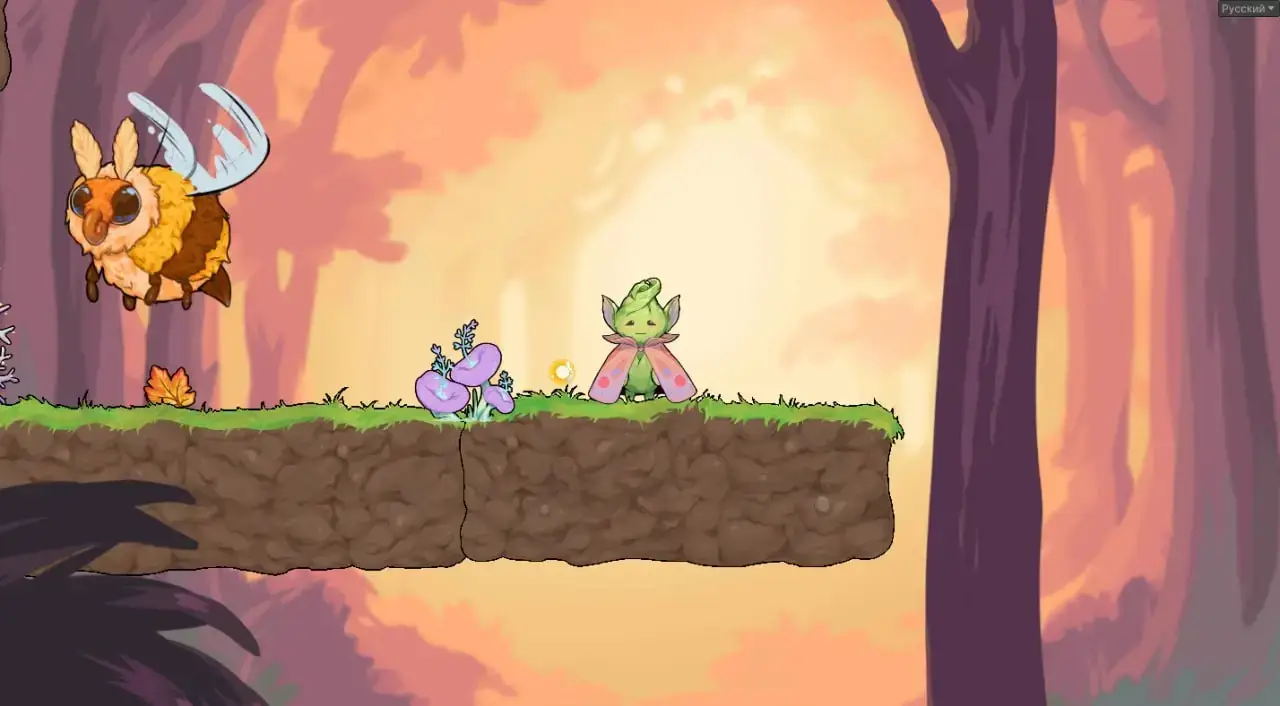
Our Art director Kalpa, painted amazing and cute sprites of Boo himself, all the environment and enemies. She managed to create a fully harmonic and magical art vision for our game. On the pictures below you can see different concepts of Tiny Boo she worked on:
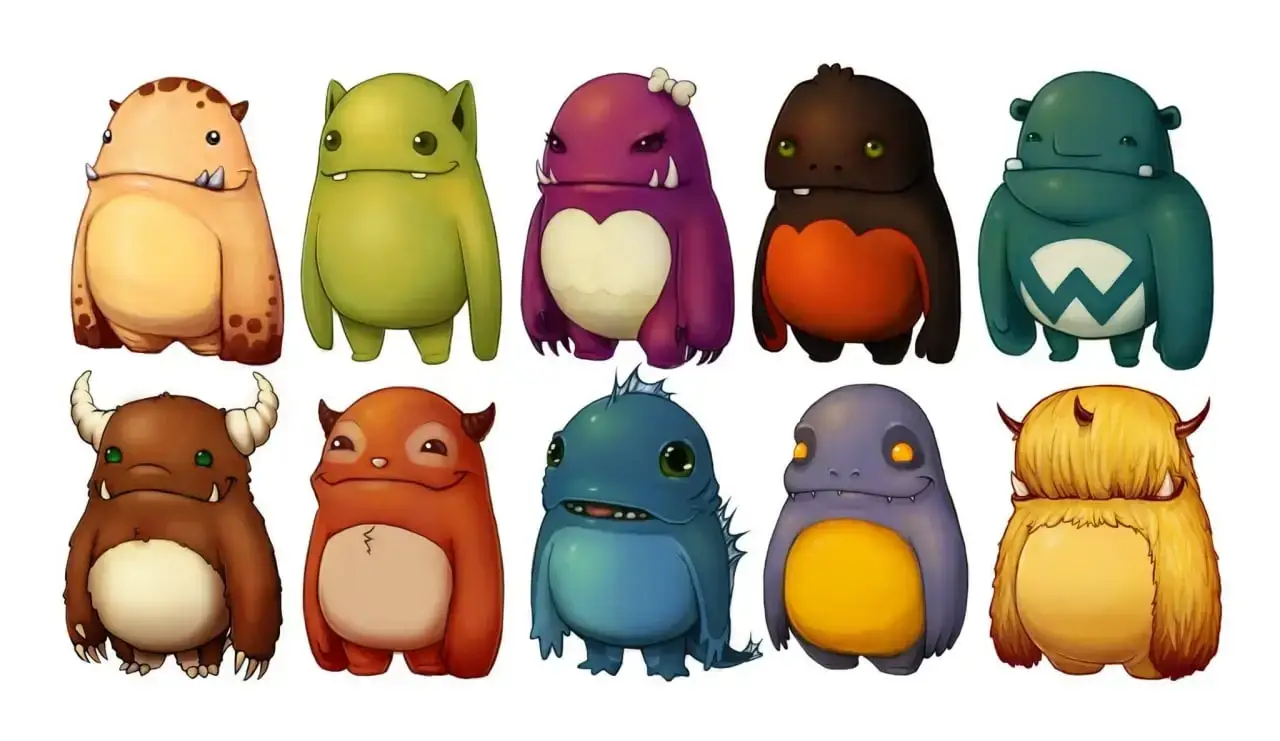
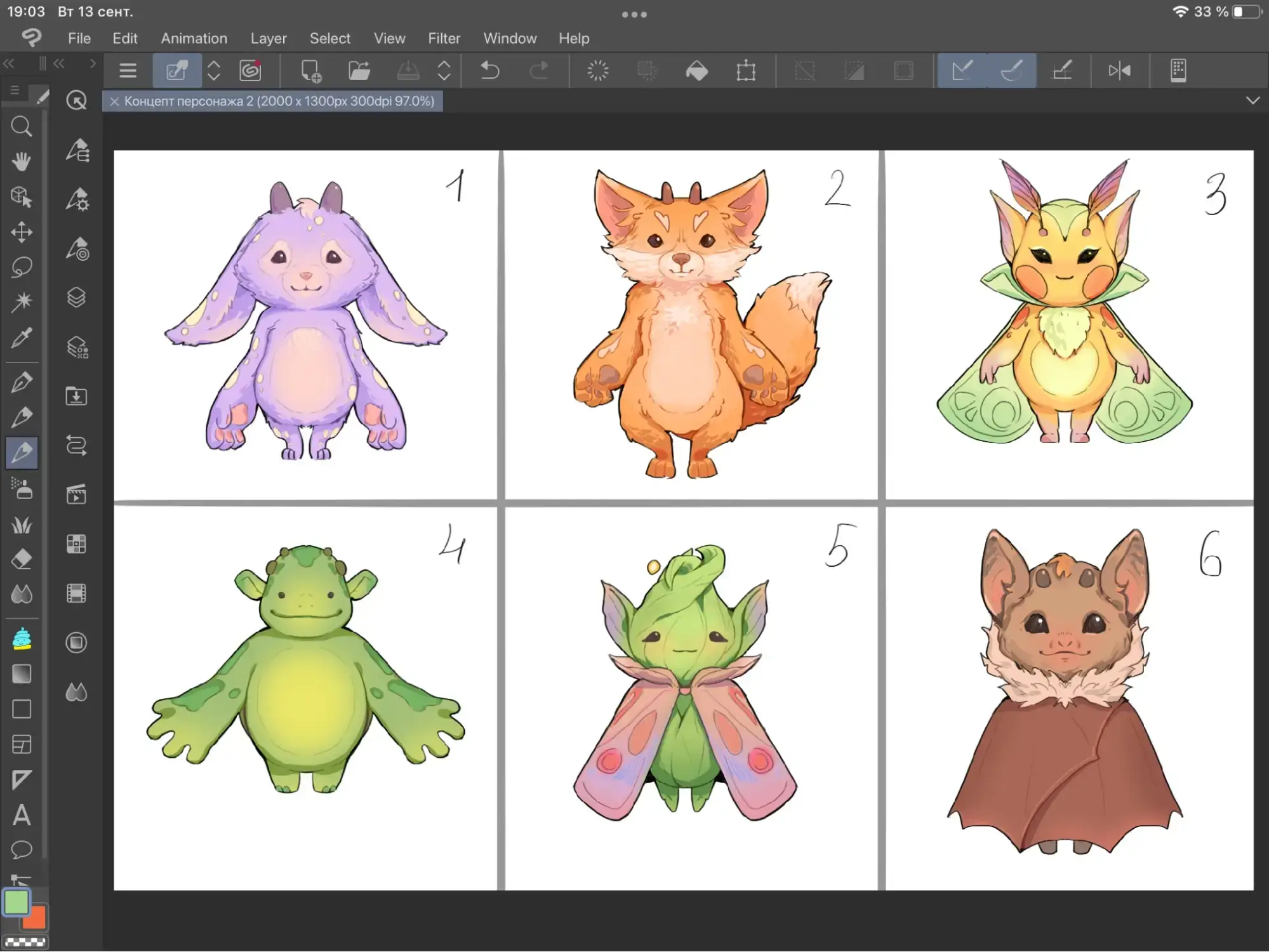
Good planning keeps the project on track. We used different task trackers and methods to make sure all our processes are worked on and are progressing. Mostly we used Trello, for tracking any issues, bugs etc. Also, it allowed us to create different folders that were corresponding for different types of tasks, like Sounds, Design, Bugs and issues, Development etc.
Alexis is a project manager in our team, she works on keeping all the tasks progressing, level design, creating interesting and engaging articles about our game development process, sound design, and generally any issues and tasks that might appear on the process.
Development
Andrei worked hard on creating "Tiny Boo: Homecoming", he did almost everything that involved coding and programming process, worked with Unity engine, developed animations, fixed bugs and issues that appeared,he basically managed to create a full working Beta build for Tiny Boo, which is now ready for release. The right game engine, like Unity, is key to efficient development. Programming the game mechanics, character controls, level transitions, and UI elements makes the gameplay experience cohesive and responsive.
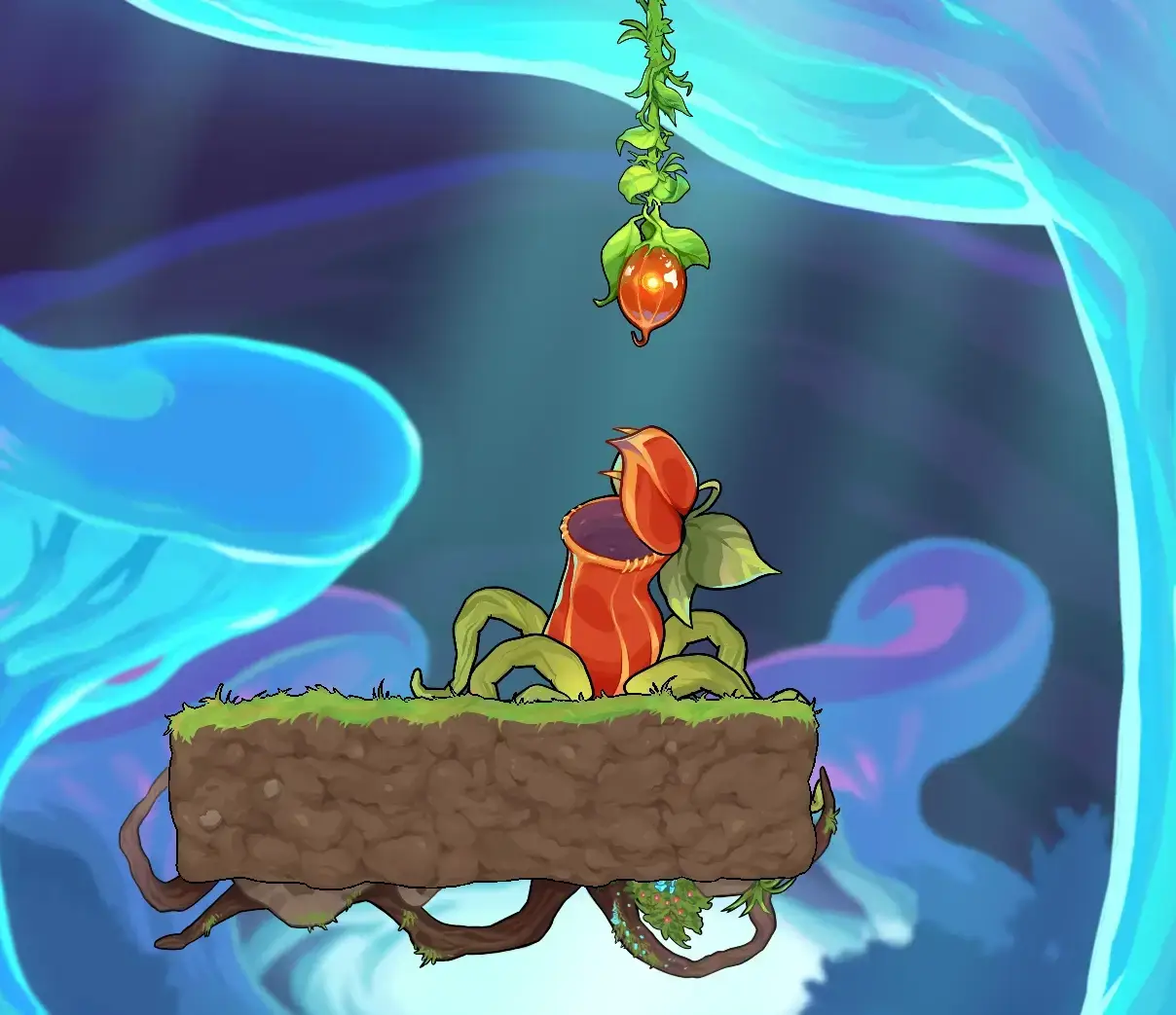
Even with Andrei big experience in game development we still experienced some issues with implementing some in game mechanics like Authorization. He tried different approaches, did research but we couldn’t fix these issues ourselves. That was when we went on the outsource and found really nice people, who helped us to implement the features that we needed, and we were back on our way of development.
Sound design
Sound design was a pretty challenging task for our team, as we didn’t have any person who was involved in this sphere. We did some research, looked for different options but still were struggling. Alexis worked with many different AI music generators, platforms that offer different melodies, but it still was an issue. We couldn’t find a source which could fulfill our needs for creating amazing, magical melodies to accompany Tiny Boo on his adventurous journey. That’s when we found Suno. Suno is also an AI music generator, but the melodies it created were more alive, and fit our concept way better. After some work, and fixing issues we managed to create beautiful melodies with Suno, which helps our game to maintain its atmosphere.
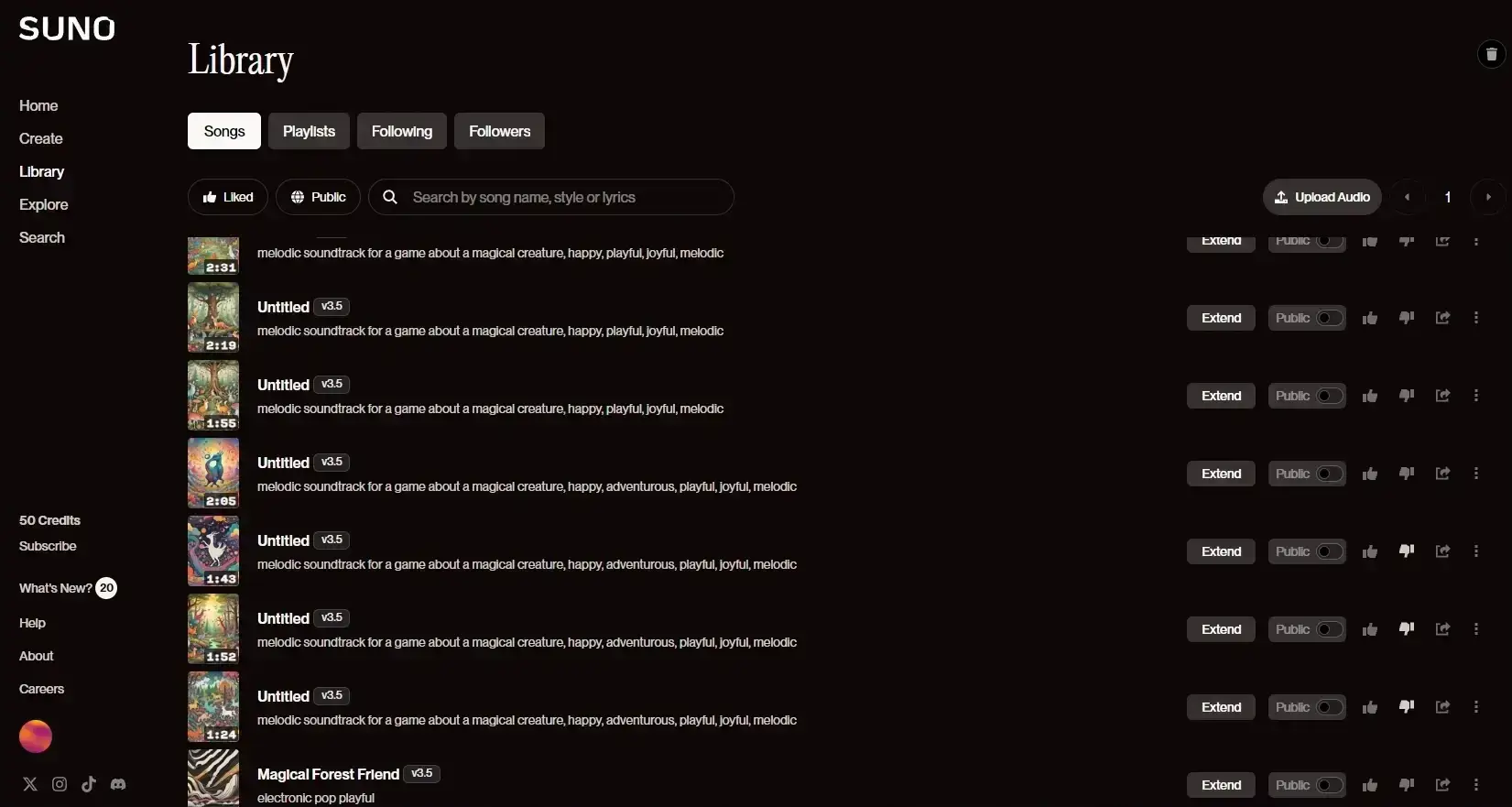
Art and Visuals
Visuals are important in platformer games. Tiny Boo's world is drawn into players with detailed backgrounds and environments. An easy-to-use user interface makes it easy for players to navigate the game and enjoy their adventure. Our artist Kalpa, worked hard to make the environment look magical and inspiring, making sure not to miss any details.
Testing
Alpha testing is done by the development team. Which in our case is Alexis and Andrei. This phase finds and fixes bugs and makes sure the game works. Alpha testing allows for ongoing improvements. Beta testing lets you get feedback on gameplay, controls, and the user experience.
Pre-Launch
Marketing is key to a successful game launch. Engaging with players on social media builds a community around Tiny Boo. Alexis worked on creating a presentation of the game, to seek help in promoting it from other sources, and that was how we found amazing people who will help us to release the game and help us with promotion. You can check out some slides from Tiny Boo: Homecoming presentation below:
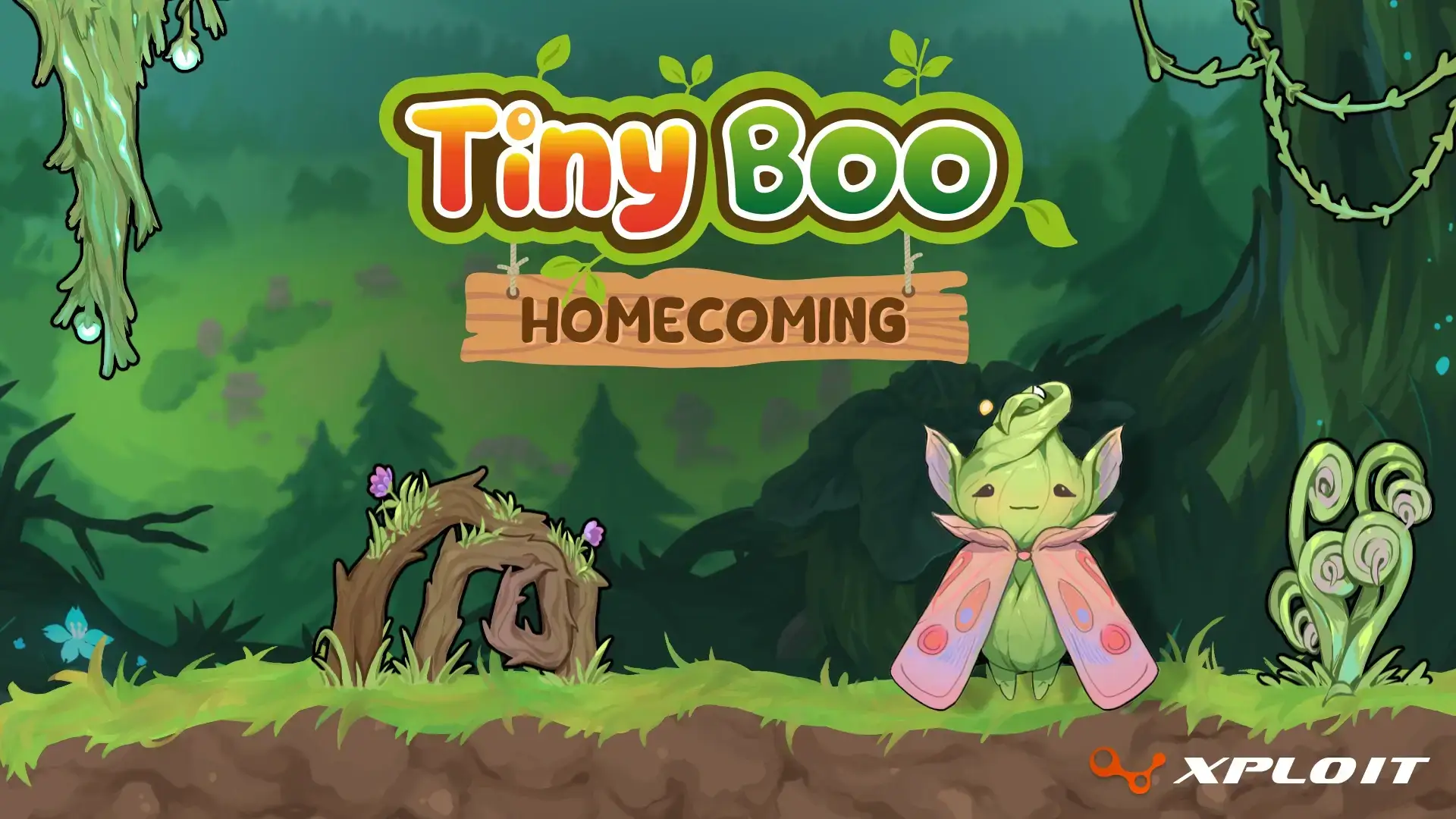
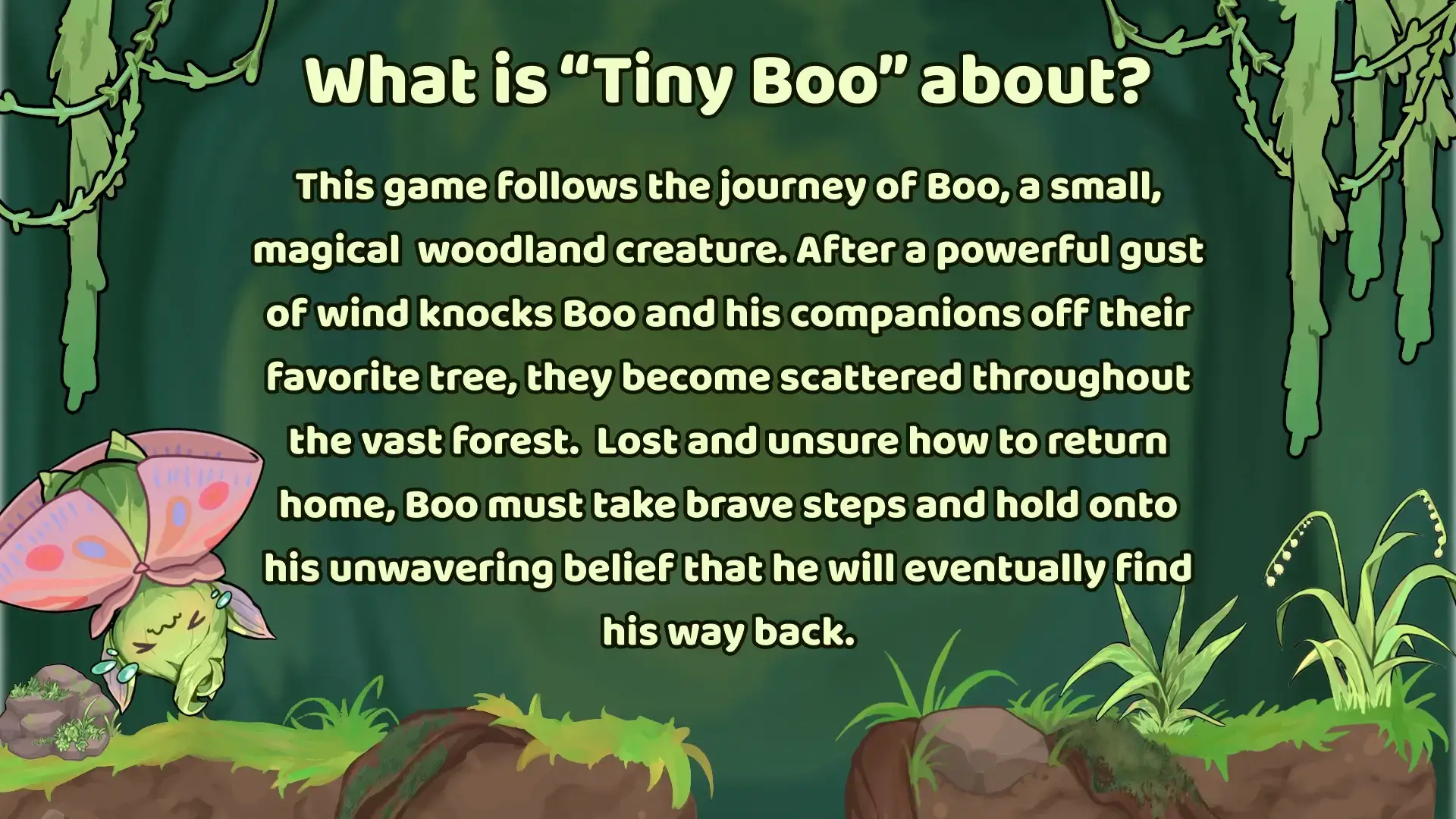
Also, to submit an app, you need screenshots, descriptions, and icons. Alexis made all the design for game stores like: App Store and Google Play. A smooth submission process leads to a successful launch.
We polished and rechecked all our game mechanics, fixed bugs, added some new animations to be sure we are ready for releasing the game.
Release
Submitting Tiny Boo. Launching "Homecoming" on major app stores is a big deal. A virtual launch event can get people excited and get them to download and review your app. We plan on monitoring user reviews, ratings, and analytics after launch. Fixing problems after launch with updates and patches makes players happier and keeps them playing. Listening to users is the best way to keep a game successful.
Conclusion
How we made and released "Tiny Boo: Homecoming" is a very long and interesting story, but here we are. Releasing a game requires careful planning, creativity, and adaptability. A roadmap helps developers navigate game development and create a captivating platformer. With a great story, fun gameplay, and smart marketing, "Tiny Boo: "Homecoming" should become a popular mobile game.
Thank you for being with us!
Game created by XPLOIT Games.